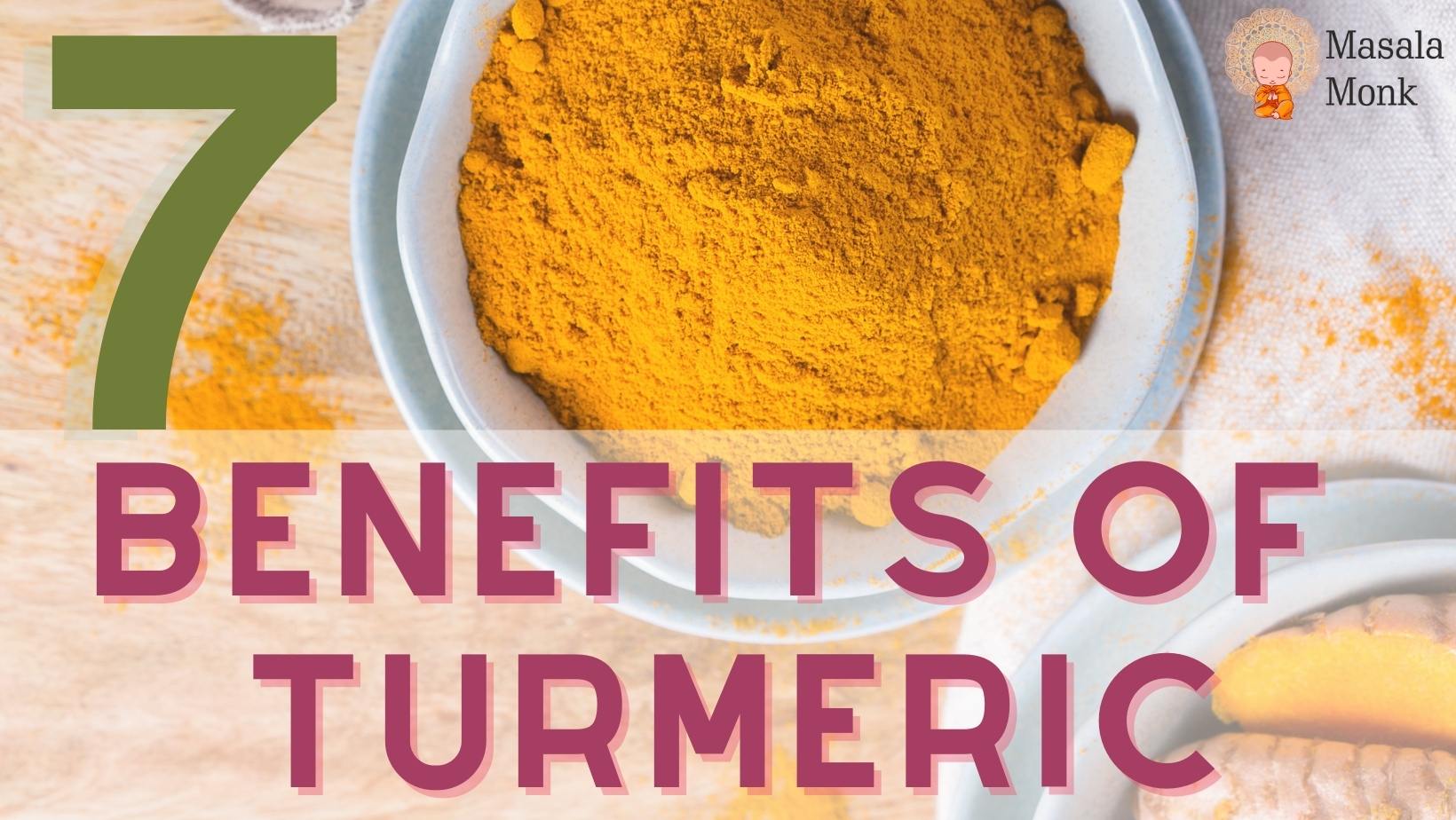
Polycystic Ovary Syndrome (PCOS) affects a significant number of women globally, leading to various symptoms and increasing the risk of several health issues. Nature provides a golden remedy in the form of turmeric. This post delves into the reasons why incorporating turmeric into your diet can be a boon for managing PCOS.
5 Golden Reasons to Embrace Turmeric for PCOS
- Combatting Inflammation: At the core of PCOS is chronic inflammation, and turmeric shines as a potent anti-inflammatory agent. Curcumin, its active compound, fights inflammation at a molecular level, addressing the root cause of PCOS symptoms and reducing them significantly.
- Reducing Oxidative Stress: Women with PCOS often face high levels of oxidative stress. Turmeric, being a rich source of antioxidants, not only combats this stress but also enhances the body’s natural antioxidative defenses, promoting overall cellular health.
- Aiding Liver Function: A healthy liver is crucial in PCOS for detoxification and hormone balance. Turmeric boosts bile production, aiding in the removal of toxins and excess hormones, thereby supporting liver health.
- Lowering Insulin Resistance: A large proportion of women with PCOS struggle with insulin resistance. Turmeric has been shown to improve cell response to insulin, thus aiding in managing this aspect of PCOS and reducing associated symptoms like weight gain.
- Elevating Moods: Hormonal imbalances in PCOS often lead to mood swings and depression. Curcumin helps in elevating mood by increasing the levels of brain-derived neurotrophic factor (BDNF) and boosting the production of ‘happy hormones’ like dopamine and serotonin.
Incorporating Turmeric in Your PCOS Diet
- Turmeric Tea or Milk: Enjoy the goodness of turmeric in the form of warm, comforting tea or milk. Known as ‘Haldi Doodh,’ turmeric milk is not just soothing but also aids in weight management.
- Cooking with Turmeric: Add turmeric to your curries, soups, and stews. Its distinct flavor and color can enhance any dish while providing health benefits.
- Turmeric Supplements: For a more concentrated dose, consider turmeric supplements. However, consult with a healthcare provider for the appropriate dosage and potential interactions with medications.
Final Thoughts
Turmeric for PCOS goes beyond just symptom management; it works towards creating a healthier, more balanced body system. With its multitude of benefits, it’s a spice that deserves a place in your wellness journey against PCOS. As with any supplement or dietary change, especially for health conditions like PCOS, consultation with a healthcare provider is crucial.
10 FAQs About Turmeric for PCOS
- How does turmeric help in managing PCOS? Turmeric contains curcumin, which has anti-inflammatory and antioxidant properties, helping to reduce inflammation and oxidative stress associated with PCOS.
- Can turmeric cure PCOS completely? While turmeric cannot cure PCOS, it can significantly alleviate symptoms and improve overall health in individuals with PCOS.
- How much turmeric should I consume daily for PCOS? About 1 gram of turmeric per day is suggested, but it’s essential to consult with a healthcare provider for personalized advice.
- Is it safe to take turmeric supplements for PCOS? Turmeric supplements can be beneficial, but you should consult with a healthcare provider for proper dosage and to avoid potential side effects.
- Can turmeric help with weight management in PCOS? Yes, turmeric can aid in weight management by improving insulin sensitivity and reducing inflammation, which are often concerns in PCOS.
- Will turmeric help with menstrual irregularities in PCOS? Turmeric may help regulate hormonal imbalances, potentially aiding in menstrual regularity in PCOS patients.
- Can turmeric alleviate mood swings associated with PCOS? Yes, curcumin in turmeric can elevate mood by increasing BDNF levels and boosting dopamine and serotonin production.
- Are there any side effects of using turmeric for PCOS? In moderate amounts, turmeric is generally safe. However, high doses can cause indigestion, nausea, or diarrhea.
- How can I include turmeric in my diet for PCOS? Turmeric can be added to teas, smoothies, and culinary dishes. Turmeric milk, also known as ‘Haldi Doodh’, is another popular option.
- Does turmeric interact with any PCOS medications? Turmeric may interact with certain medications. It’s important to consult a healthcare provider before adding it to your regimen.
Blog Tags
turmeric, PCOS, women’s health, natural remedies, anti-inflammatory, antioxidant, hormonal balance, menstrual health, dietary management, curcumin













